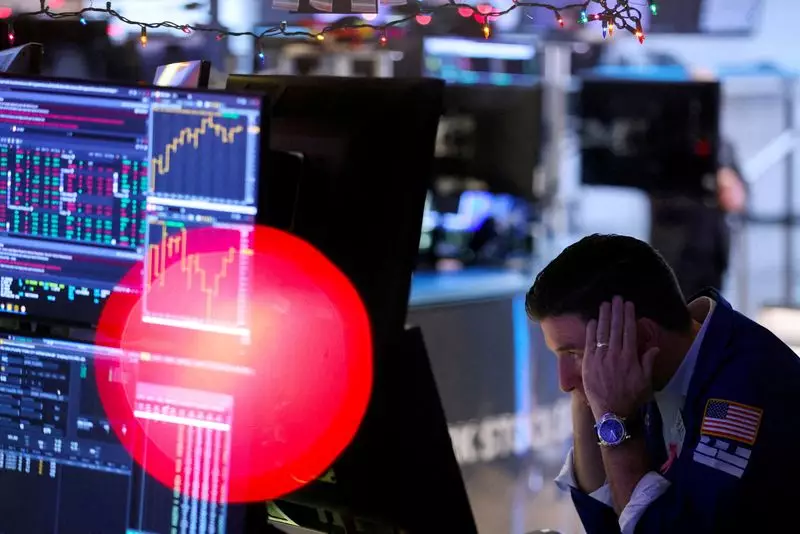In the face of ongoing global conflicts, particularly in the Middle East, investors must remain judicious in their strategies. Analysts from UBS have voiced their insights regarding the necessity for diversification as a means to mitigate exposure to specific risks associated with geopolitical instability. The conflict involving Israel and Hezbollah serves as a reminder of how quickly tensions can escalate, with potential rippling effects across major energy markets and the global economy. While the immediate implications of these conflicts seem contained, the possibility of a larger confrontation, particularly involving significant players such as Iran and the United States, looms large.
The ideal investment strategy encompasses a diversified portfolio designed to protect against singular shocks. UBS emphasizes that stability can still be achieved through carefully structured investments, allowing capital to be allocated in a way that leverages broader economic strengths while countering regional threats. The goal is to ensure that, regardless of disruptions, investors can sustain their positions and weather the volatility often associated with such crises.
One of the most pressing worries stemming from the Middle Eastern conflict is the potential disruption of energy supplies. The Strait of Hormuz, a critical juncture for oil transport, stands as a focal point in discussions about future price volatility. Analysts at UBS forecast that significant interruptions to oil supply could send prices soaring, with predictions that Brent crude may exceed $100 per barrel if infrastructure damage occurs. This potential turmoil stresses the importance of incorporating oil-related assets into portfolios, serving both as a hedge against supply chain disturbances and as instruments for capitalizing on upward price trends during crises.
Investment in oil assets remains a double-edged sword; although current prices show relative stability, the undercurrents of geopolitical tensions could shift this stability dramatically in a short span. Investors are advised to keep a watchful eye on developments in the region to adjust their asset allocations accordingly.
In times of political uncertainty, assets like gold traditionally shine brighter. UBS analysts recommend integrating gold into investment portfolios, not only as a storied safeguard against instability but also due to its robust performance in 2023, which has seen a nearly 30% increase in value. This uptrend is anticipated to continue, fueled by expected U.S. Federal Reserve interest rate cuts, seasonal demand increases in jewelry, and ongoing purchases by central banks worldwide. Gold’s historical reputation as a safe haven, particularly during tumultuous periods, makes it an essential element of a strategic investment approach.
Amid heightened market volatility, maintaining exposure to high-quality credit emerges as a prudent strategy. Such assets often yield stability when equity markets face pressure due to external shocks. While the Israeli shekel experiences downward pressure amid regional conflicts, leading to concerns over the financial landscape, the broader economic context remains optimistic. Investors are reminded to focus on essential economic indicators, especially if geopolitical tensions remain localized rather than escalating into broader conflict.
In summation, adapting a diversified approach to investment, with careful emphasis on energy-related assets, gold, and high-quality credit, enables investors to mitigate risks associated with geopolitical tensions while remaining positioned for long-term growth.

